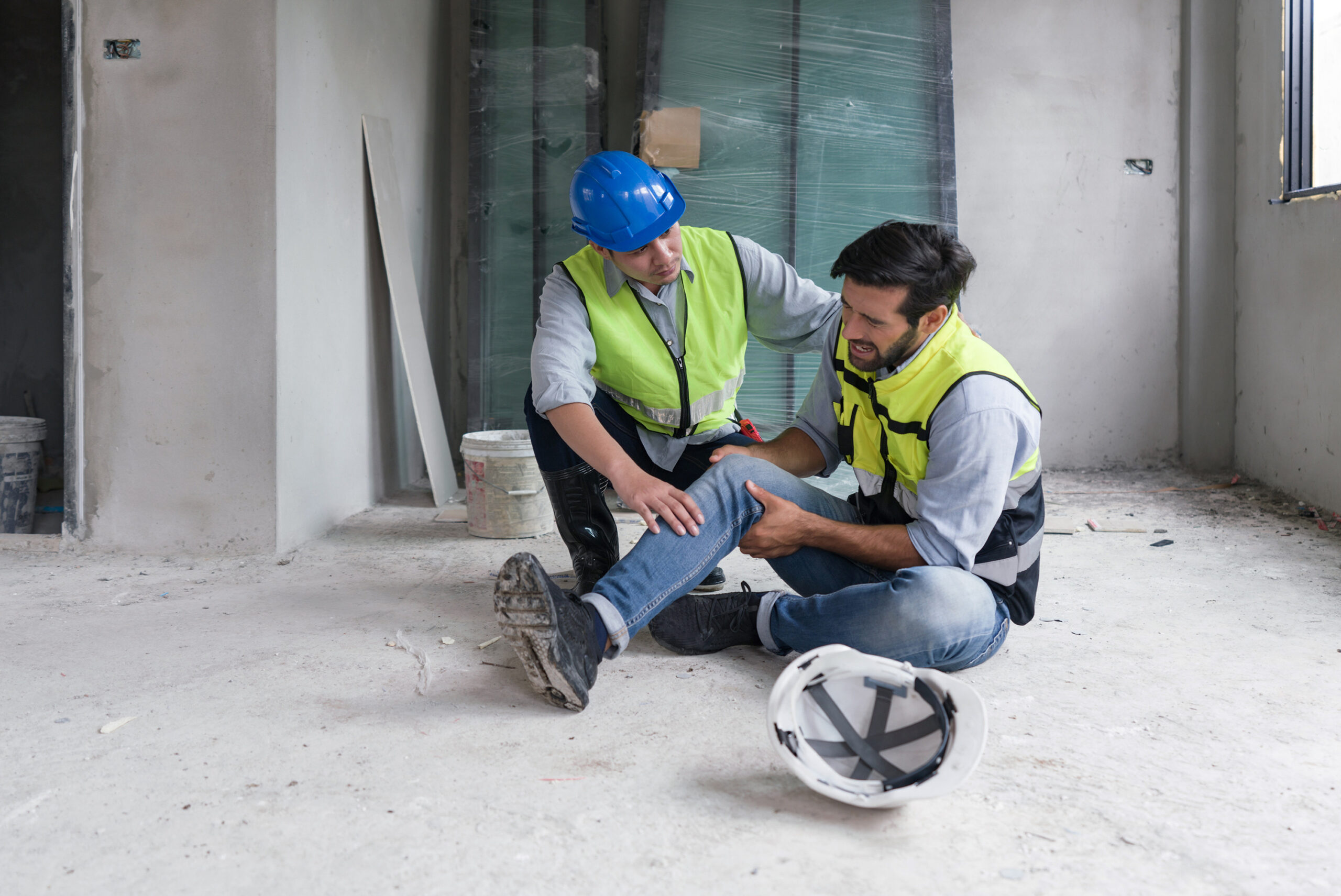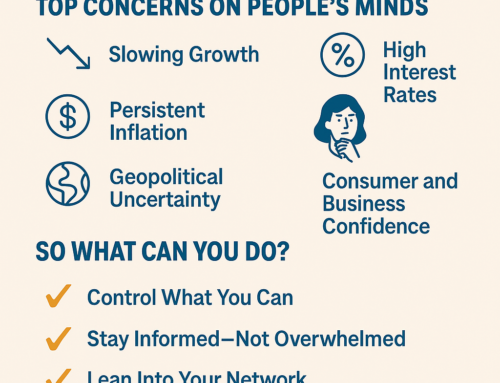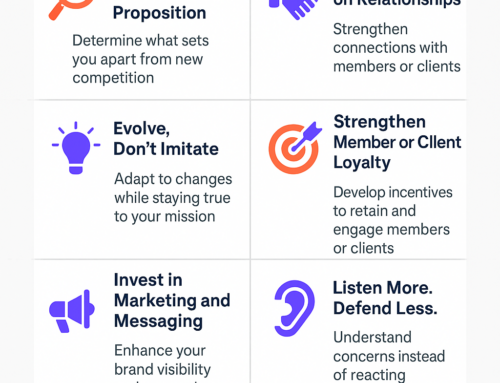Humans instinctively seek to avoid injury and pain. Yet, we often behave in a manner which is a threat to our well-being. As an example, have you ever done anything foolish, something that you know puts you at increased risk? When you realized how mindless you were, whether you got hurt or not, did you ask yourself, “why did I do that?”
Consider the fact approximately 20% of injuries are due to unsafe conditions and 80% are caused by unsafe acts. If you realize most unsafe conditions occur by human failure, then virtually all accidents result from unsafe acts.
Common reasons why workers engage in unsafe acts:
- External Pressure – “Let’s get this job done!” Disregarding safe practices is not going to save enough time to make a significant difference. However, any accident or injury is guaranteed to have a negative impact. As a matter of fact, when the pressure is applied, it’s worthwhile to pay more attention to safety.
- Natural Rewards – taking risks are usually faster, convenient, comfortable, and it’s our human nature to take risks when reward is certain. When you fail to follow the established procedure and don’t get hurt, psychologically, this is a reward, so you repeat again and again. The law of large numbers tells us eventually something will happen.
Research shows crews who conduct pre-work meetings, significantly reduce errors. A pre-work meeting provides a big picture of who does what and allows crew members to ask questions and get involved in the project….tell him and he forgets, show him and he remembers, involve him and he understands.
To maximize our safety efforts, we must look out for one another. Certain employees exert a major influence over all other workers. We can assume increasing the knowledge of these workers will help change the attitude and risk perceptions of everyone else on the job.
Think for a moment about the work tasks that you do every day and consider the safety precautions that you may skip because you’ve been doing them a certain way for years and nothing bad has happened… yet. If you were training someone, would you teach them to skip those steps too?
Be “on alert” every minute of the day. Failure to observe just one safety procedure…just one time…can cause injury, lead to regret, and worse.
There will always be a new lesson to learn or a new skill to acquire. Think big and you can never limit your possibilities. When committing to a course of self-improvement, obstacles will show up. A lot of times it will feel as if you’re getting in your own way. These obstacles might include:
- Sticking with old habits
- Saying “this is how I’ve always done it”
- Discomfort of embarrassment
- Worrying what others may think
- Stress or time pressure
- Success (the belief that already being good at something means you don’t have to improve)






